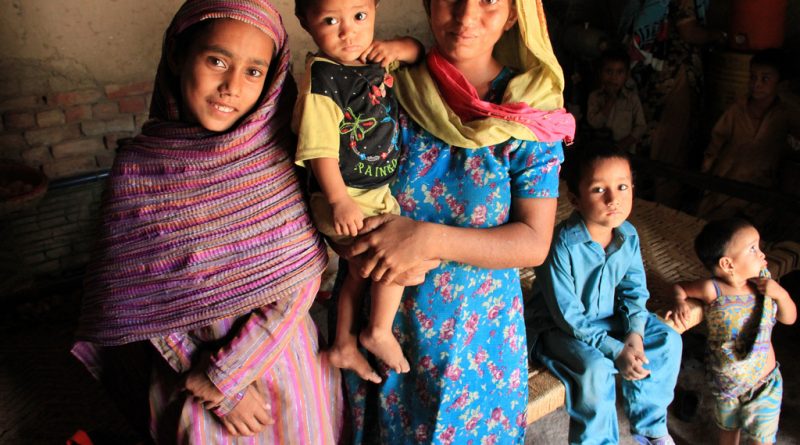This brief is based on the Political Economy of Undernutrition in Pakistan study. It highlights challenges faced for mainstreaming nutrition as an intersectoral development priority and provides strategic recommendations using Acosta and Fanzo’s nutrition governance framework.
Nutrition has received little policy attention in Pakistan and has never been a political issue for the legislature nor a development agenda for the bureaucracy. Nutrition still lacks a national policy. Nutrition by definition is a multisectoral issue. What limited implementation there has been is confined to health work and not coordinated across the various ministries.
Any potential action on nutrition in Pakistan faces the entrenched contextual challenges of poverty, inadequate food security, inflationary food prices and the lack of preventive health measures, safe water and sanitation. These are compounded by patriarchy and inequitable power structures leading to low consumption of food and use of essential services. There is a lack of dietary awareness across the country, even in communities with better food access, health and income. Challenges are most formidable in Balochistan, lesser in Sindh and Khyber Pukhtunkhwa (KPK) and least in Punjab. Susceptibility to natural disasters especially in Balochistan, Sindh and KPK is a risk for undernutrition through displacement, disease and crop destruction, and demands recognition of nutrition in relief and recovery efforts.


